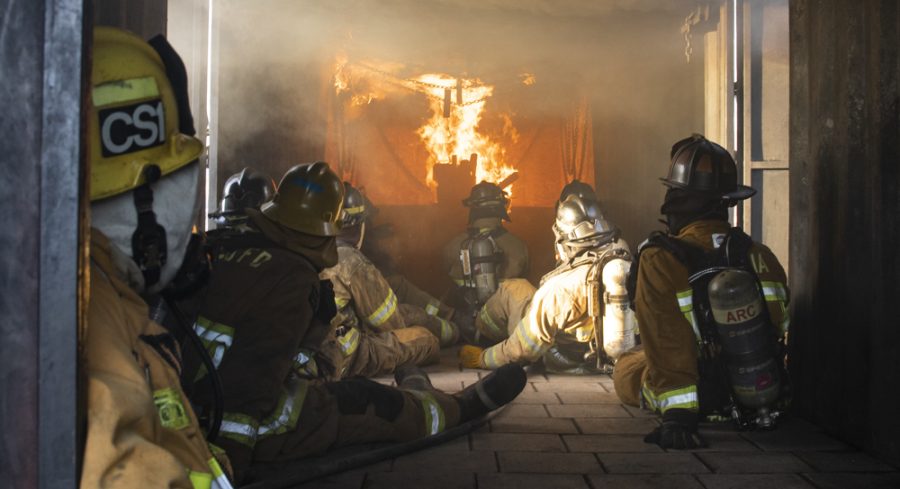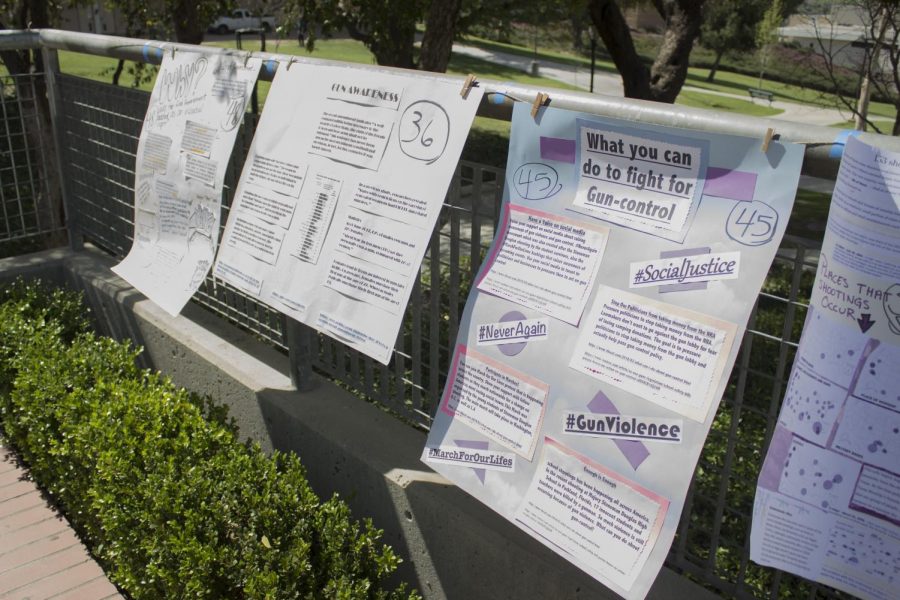With demanding work schedules and pressure to make the grade, many college students are turning to highly caffeinated energy drinks that are rapidly dominating the soft-drink market.
Not only are these popular energy fixes more expensive than a regular soda, according to Moorpark College Health Center Nutrition Counselor Melissa Sartoris, there are many dangerous health issues associate with regular use. These risks include tremors, sleep deprivation, headaches, dehydration, and even addiction, Sartoris said.
“Energy drink companies market toward athletes and college kids,” she explained.
Sartoris, a Moorpark intern who is also studing nutrition and health at California State University, Northridge, explains that there are many factors to consider in terms of the negative affects of energy drinks on students’ health.
“In addition to the fact that caffeine dehydrates you and as a stimulant it amps the body up, people will replace meals with these energy drinks. This contributes to feeling jittery, weak and crashing then feeling tired,” Sartoris continued.
Aside from aiding late-night study sessions, college athletes are using energy drinks to stay hydrated and energetic during training and competition. According to the SUNY Youth Sports Institute, athletes who use energy drinks can experience tremors, dehydration, heat stroke, and even heart attacks.
The dangers of high-caffeine intake may not be realized by consumers, because the U.S. Food and Drug Administration does not require energy drinks to provide a warning label. The lack of FDA regulation also means that the labels that tell of the caffeine quantity are not necessarily accurate, so consumers may be drinking much more caffeine than they realize.
According to the University of New Hampshire Health Service Report, more than 500 different types of energy drinks have entered the 3.4 billion per year energy drink market since 2006.
Despite research, some students and consumers are not deterred.
“I don’t think energy drinks are addictive or dangerous at all,” said Ventura College business student Heather Bishop, 23. Like many students, Bishop feels that in moderation, energy drinks are nothing more than helpful when working while taking a full course-load.
Undeclared Moorpark freshman Kyle Bolvik, 18, explained that energy drinks can be a last minute resort for him for last minute study sessions.
“I don’t use energy drinks on a daily basis, but only sometimes when I need to study late at night,” Bolvik explained.
With addiction a huge problem plaguing society, health experts urge students to become aware of the risks before chugging down their favorite study fix.





